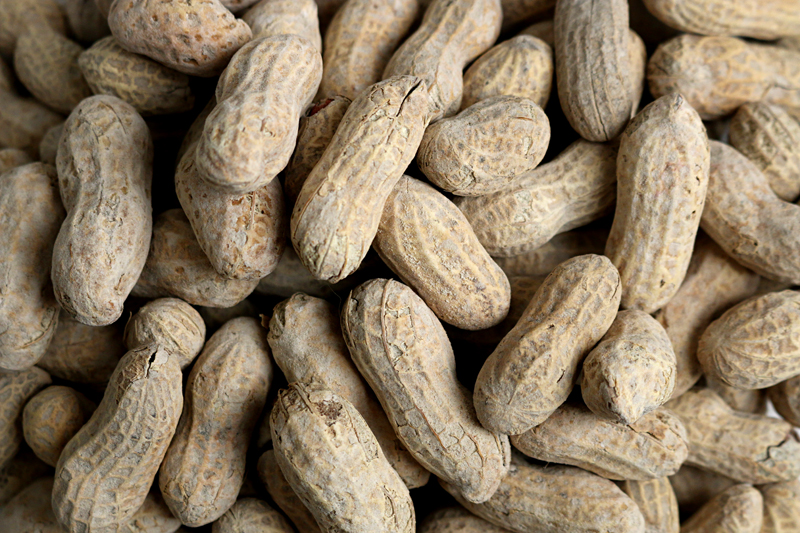Seven out of nine members of an advisory committee for the Food and Drug Administration of the United States voted earlier today, Friday, September 13, 2019 to approve Palforzia for peanut allergies and bringing this controversial standardized peanut powder treatment product to becoming widely available for people who are allergic to peanuts.
Peanut Allergy Treatment Product Recommended for Approval
Aimmune Therapeutics is the pharmaceutical company which developed Palforzia, which is supposed to help reduce allergic reactions to peanuts for patients between four years old and 17 years old as part of oral immunotherapy protocol.
Because no other treatment for peanut allergies is currently approved by the Food and Drug Administration, the only solution for people who are allergic to peanuts is to avoid them as much as possible — which can be especially difficult as a passenger aboard an airplane.
One reason why Palforzia is controversial and being watched closely is because of concerns raised in some of the testimony that the treatment could actually lead to more allergic reactions, as found on page 4 in this briefing document — which contains information in greater detail — of the meeting of members of the Allergenic Products Advisory Committee for the Food and Drug Administration:
Palforzia treated subjects in the pediatric safety population reported an increased number of allergic reactions, including systemic allergic reactions, compared to placebo-treated subjects. A total of 9.4% subjects taking Palforzia had a systemic allergic reaction during initial dose escalation and up-dosing compared to 3.8% of placebo subjects. This imbalance was seen during maintenance as well with 8.7% of Palforzia treated patients having a systemic allergic reaction compared to 1.7% of placebo-treated subjects. During the maintenance period, 7.7% of Palforzia treated subjects usedepinephrine compared to 3.4% in the placebo group. Twelve subjects treated with Palforzia were diagnosed with eosinophilic esophagitis (EoE) in the entire clinical development program while no subjects in the placebo group of the controlled safety population received a diagnosis of EoE. Similar safety data are seen in the adult population with respect to systemic allergic reactions.
Peanut allergies have been increasing in recent years, as 2.2 percent children in the United States are currently estimated to be allergic to peanuts.
Summary
What is important to note is that Palforzia will not cure or remove a peanut allergy, as oral immunotherapy can only render peanut allergies to be more manageable by supposedly helping to reduce allergic reactions to peanuts for patients between four years old and 17 years old.
A final decision pertaining to the approval of Palforzia for public use is expected at the conclusion of the formal approval process, which is supposed to occur sometime in January of 2020.
Other articles which I have written pertaining to food allergies over the years include:
- Two Teenage Boys Removed From Airplane Due to Peanut Allergies
- Should Passengers With Rare Dangerous Allergies Have Priority Over Everyone Else Aboard an Airplane?
- Lessons Learned From Food Allergy Tragedy Aboard an Airplane
- Peanut Allergy Policies of Airlines: An Updated Comprehensive List 2018
- Are Frequent Fliers Contributing to The Great Nutrition Collapse?
- Preventing Peanut Allergies: Hope for the Future?
- From the Peanut Gallery: Should Food Allergies Determine What is Served Aboard Airplanes?
- Should Airlines Provide Nutrition Information With the Food They Serve During Flights?
- Peanut Allergy of Son Results in Family Leaving the Airplane Prior to Flight
- A Patch to Deal With Peanut Allergies?
- Nut Allergies: Both Sides of This Issue In the News
- Southwest Airlines to No Longer Serve Peanuts Aboard Its Airplanes
- Should Airlines Be Required to Equip Airplanes With Epinephrine Autoinjectors?
- Privacy of Allergy Sufferers Being Abused by Airlines?
- Is the Food Allergy Policy of American Airlines Considered Discriminatory?
- No Nuts? Are They Nuts?!?
Photograph ©2015 by Brian Cohen.

